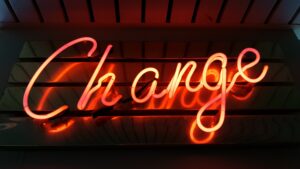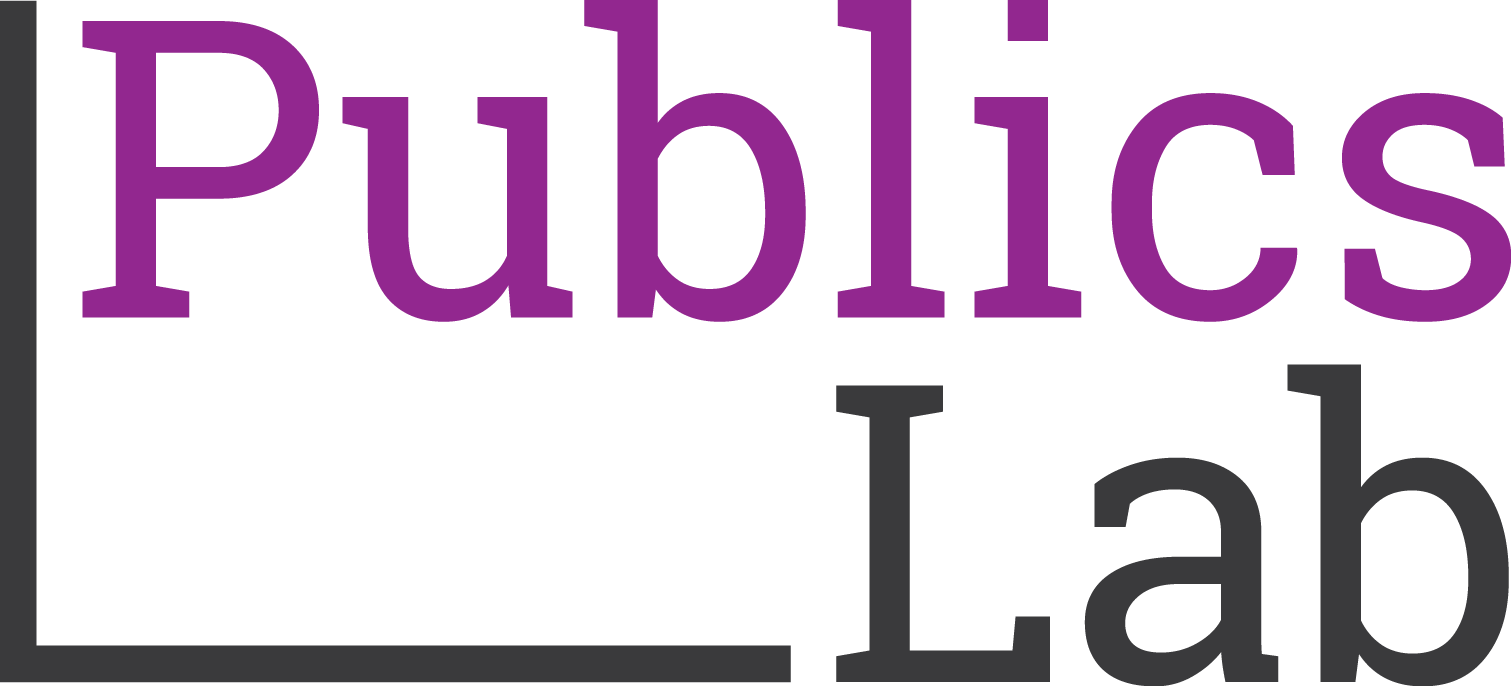
In my second year of grad school, while my department was preparing for its external review, my chair assigned a colleague and me the fun task of proof-reading the departmental website. Included on the site was the student handbook where program requirements were listed.
At that time I was preparing for my second examination, which was required to include an in-person exam, a research essay, and a syllabus – or so I thought. When I read the handbook, I realized that a syllabus was not the only option. Students could also submit a non-pedagogical project, but no one had ever done it before and a syllabus had become the norm. I decided to apply to submit a proposal for an exhibition instead, since that is more in line with my own career goals.
Through this process, I realized how forms of knowledge production apart from traditional teaching and research were invisible in the curriculum –– but also that sometimes there was more freedom in the curriculum than I thought.
At the time, I was already a public humanities advocate in my department thanks to a Mellon Humanities Public Fellowship with the PublicsLab. When the PublicsLab opened a call for its first round of curriculum grants, I knew my department had to apply. Through this grant, my team and I have been coordinating a series of events and a re-granting program to create more space for public-facing scholarship in our program.
I know every department is a whole world in itself but here are 5 tips for fostering curricular changes in your graduate program:
Read Your Governance Documents: Sometimes people rely more on customs than on actual rules. I encourage you to read your departmental handbook and governance documents to see if there are guidelines that allow changes within the curriculum without actually having to pass them through multiple committees. The alternative to the syllabus I described above is a good example of this!
Listen to Your Department: People like to be heard. More precisely, people need to be heard, especially if you are trying to make changes – even with the best of intentions – in a community they belong to. That is why you need to make sure people participate in the decision-making process when undertaking changes to the curriculum – which holds a history of the discipline in itself. Ask community members for suggestions, visibly value their feedback, and privilege their voices in the process.
For example, when planning the series of events on public humanities my department is hosting this academic year, I asked students, faculty, and staff in my program for suggestions through a survey. Most of the speakers came from their ideas – including some members of our community such as alumni and current students – which I believe made the events feel meaningful to them.
Create a Shared Learning Experience: Creating a sense of community through a learning experience everyone can share is key when fostering curricular change. I will give you an example: when planning our series of events, I wanted it to be a department forum for exchanging ideas and concerns with external experts in the field. I realized that by naming it in a specific way –– LAILAC Public Humanities Series –– people in my department would identify all events as part of a project with a specific goal. Rather than putting together four random lectures I structured the series in four specific modules: Beyond Academic Insularity, Mentorship & Professional Development, Milestones, and Dissertation. Module after module, my department seems to be engaging in specific conversations which bring the whole community together in a shared learning experience.
Be Realistically Ambitious: You might think that your department needs a lot of curricular changes. That might be true. However, if you and just a couple of your colleagues are the only ones eager to do the work that these kinds of changes require, I suggest that you choose carefully which changes to prioritize. An extremely ambitious call to action might be seen as pretentious. All your passion might be perceived as threatening to those who want things to stay the same. If you prove your commitment to serving the community as a whole by starting with smaller changes, people might see them as positive first steps in a long-term process they might want to join.
Have a Strategy: All curricular changes depend on passion and commitment –– but also on smart strategy. I myself campaigned to serve on both the curriculum committee in my department and on the CUNY Graduate Center curriculum committee. Participating in these organizational structures has allowed me to better understand the bureaucratic process of curricular change, and it has also moved us closer to the changes I believe in.
These are some strategies I found useful and successful while trying to make curricular changes in my department. We are still in the middle of the process, but I believe my program is closer to accomplishing some of the changes doctoral education in the Humanities needs to embrace.
This texts draws on the main ideas of a presentation given during the Doctoral Curriculum for the Public Good event in the Fall 2020 semester hosted by the PublicsLab.
Daniel Valtueña thanks Stacy Hartman for her writing advisement on this text.
 Daniel Valtueña is a PhD student in the Department of Latin American, Iberian, and Latino Cultures. He earned his BA in Art History at Universidad Complutense de Madrid and his research focuses on contemporary Iberian cultures and queer theories. His work explores the notion of celebration from both theoretical and curatorial perspectives and his dissertation will address contemporary Iberian artistic practices in the intersection of queer and national identities. In 2012 he was awarded the Certamen Nacional Jóvenes Investigadores by the Spanish Government for his early research initiatives and received the Premio Talento Joven in the category of Culture by the Madrid Region in 2016 for his arts management trajectory. Daniel is also a curator based in New York and Madrid.
Daniel Valtueña is a PhD student in the Department of Latin American, Iberian, and Latino Cultures. He earned his BA in Art History at Universidad Complutense de Madrid and his research focuses on contemporary Iberian cultures and queer theories. His work explores the notion of celebration from both theoretical and curatorial perspectives and his dissertation will address contemporary Iberian artistic practices in the intersection of queer and national identities. In 2012 he was awarded the Certamen Nacional Jóvenes Investigadores by the Spanish Government for his early research initiatives and received the Premio Talento Joven in the category of Culture by the Madrid Region in 2016 for his arts management trajectory. Daniel is also a curator based in New York and Madrid.







